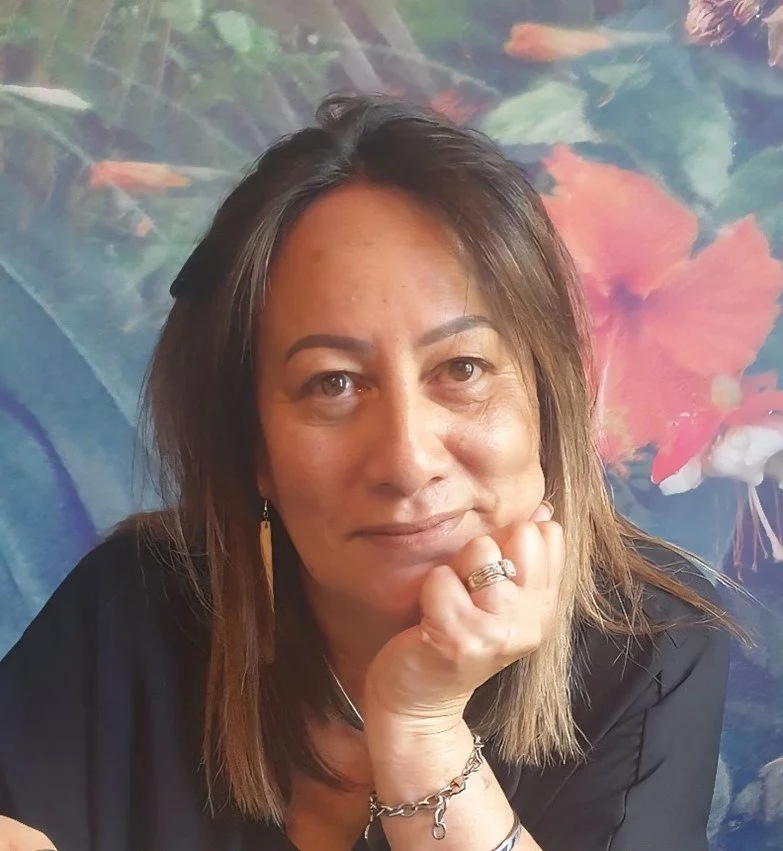Since 1 July 2025 Te Pae Oranga Iwi Community Panels programme has been extended with a new offering for rangatahi aged 14-17.
Te Piki Oranga has partnered with New Zealand Police, under the principles of Te Tiriti o Waitangi, to provide the panels in Te Tauihu rohe since 2018.
The panels are an alternative to court for minor offending. They give community members a voice, involve victims in the remediation process and save a substantial amount of police and court time.
The new rangatahi option means that the panels are now available to whānau aged 14 years and older across Te Tauihu rohe, through referral by police kaimahi.
Te Pae Oranga Kaikawe Kōrero and panel member Teresa Ngaruhe has undertaken training to facilitate the rangatahi panels.
The rangatahi panels intend to:
Hold young offenders accountable for their actions while addressing the underlying causes of offending, such as addiction, abuse, family stress or lack of education/employment.
Promote healing and reintegration through tikanga Māori (Māori customs), kaupapa Māori (Māori philosophy) and restorative justice practices.
Involve victims and encourage their participation to facilitate understanding and amends.
Empower rangatahi and their whānau to restore wellbeing, uplift mana (dignity) and prevent reoffending.
Whānau feedback – a letter from a Te Pae Oranga Panel participant in Wairau (age 23)
I am writing to thank you for the compassionate approach you took in handling my recent situation. I am truly grateful for being given the opportunity to work with Te Piki Oranga, rather than being sent through the court system.
Your decision has had a positive impact. Te Piki Oranga has provided me with tools, guidance and a different view on some things in my life. This chance to address things in an environment focused on helping me has been valuable.
I appreciate your willingness to offer a path focused on rehabilitation rather than punishment. I understand how different things could have been, and I appreciate this opportunity.
Thank you.
Kōrero mai
Introducing Teresa Ngaruhe – Kaikawe Kōrero / Te Pae Oranga
Teresa Ngaruhe
Ko Taranaki tōku maunga
Ko Aotea tōku waka
Ko Aokehu tōku awa
Ko Pākaraka tōku pā
Ko Ngā Rauru tōku iwi
He uri anō nō Ngāti Apa ki Wairiki, Tūwharetoa,
Ngāti Kahungunu
How do you feel about being able to now offer panels to rangatahi in Te Tauihu?
I am beyond delighted! We are aware other avenues existed to address offending with rangatahi; however, we believe Te Pae Oranga has the ability to create, with the whānau, a solution-based plan to address accountability and find meaningful supports.
What has the response been to the panels?
The response from police has been supportive, with a youth aide officer observing that they had not heard rangatahi speak so much about their situation before – usually it is adults speaking.
I believe building the relationship with police and Te Pae Oranga will strengthen panel outcomes and supports for all rangatahi and whānau we meet.
Feedback from whānau has been positive, for example about the inclusion of te reo Māori and the recognition of tikanga that is important to them such as karakia and mihi. Non-Māori have been open and respectful of this process also. One non-Māori rangatahi, when asked about her acceptance of the process and learning te reo Māori, commented, “why wouldn’t I?”
Results from some of the first rangatahi panels in other rohe show significantly lower reoffending rates when compared to more punitive approaches. Hei whakaaro?
Research into punitive approaches for all ages shows less positive outcomes than expected. In the short time I have been in this space, I believe rangatahi panels allow a holistic lens that acknowledges whānau/caregivers in the solution solving, with a view to explore the ‘why’ of an offence.
Our hope is that when we learn this, we can then support lifestyle change in behaviour and outcomes. We walk this journey with rangatahi and whānau over a specified timeframe. This allows trust and relationships to form and we can further assist them as needed.
What are some of the differences and similarities between adult and rangatahi panels?
Rangatahi panels involve whānau presence – we hear their stories and voice together – whereas adult panels involve an individual.
However, in both instances we encourage context, with an understanding that people don’t usually wake up and decide to offend. Intention is explored. Confidentiality and safety in the rangatahi space is paramount, as is the role of service providers that already have a relationship with rangatahi and their whānau. Again, a holistic approach to solution-focused outcomes.
What inspired you to train up to run rangatahi panels?
I have always had an interest in rangatahi, as a mother of four adult children, 12 mokopuna and one great granddaughter. We raised/whāngai my nephew through to adulthood and also a mokopuna from 5-16 years old.
I completed a placement in Sports Programs and Alternative Education with Highbury Whānau Centre in Palmerston North. Rangatahi training was provided by police, covering safety, confidentiality, whānau dynamics and more. I continue to receive support and communication with police as we walk alongside rangatahi and whānau.



